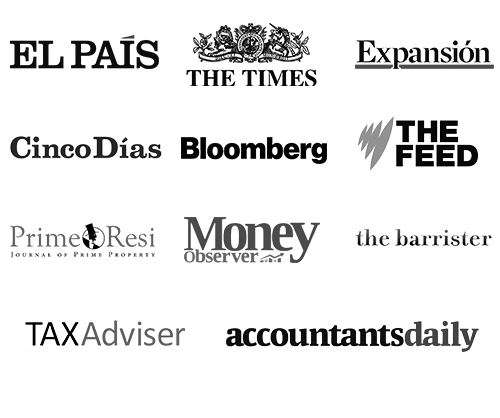The OECD leads an international project to fight tax fraud that places a special focus on cross-border taxation of corporate income tax.
In economic terms, “globalization” means the same as “world market”. Doing business globally also involves generating wealth on a global level, which, eventually, must be taxed.
Countries, through multilateral or bilateral agreements, negotiate international tax rules. It is not easy. Each country, as a sovereign body, has its own tax legislation, but the conjunction of these rules in all countries has loopholes through which large companies can avoid paying taxes, namely corporate tax. Furthermore, the interaction of these laws also produces the risk of double taxation, that is, paying twice for the same tax.
Since 2013, the OECD is leading an international plan for tax fraud fighting, the BEPS project (Base Erosion and Profit Shifting). In Europe, the EU has come up with Directive 2016/1164, prepared by the EP and the Council in July 2016, based on the recommendations of this international organization.
The effects of tax evasion are substantial and there are 3 main actors affected by it: States (which lose income), taxpayers (who are, therefore, more heavily taxed) and companies, specially those companies operating in domestic markets only and family businesses (among others), which have fewer resources to compete with multinationals. But, which are the blind spots of tax evasion that the OECD intends to remove regarding corporate tax?
1)Differences in the taxation of the companies’ income: companies can pay taxes on their benefits in the country of origin or in the country of residence; these benefits may even be taxed by nominal rates.
2) Double exemption: Avoiding paying taxes both, in the country of origin, and in that of residence.
3) Lower taxation: Excessively low rate taxation.
4) Withdrawal of benefits: technique by which companies create elaborated structures to ensure that their profits are taxed at low rates or not taxed at all.
Tax fraud is an element of inequality because if one does not pay, someone else will have to do it, hindering in this way, the financing of states and placing more tax burden on the average citizens.
Being clear about the legal difference between tax evasion (where there is premeditation to avoid payment) and tax avoidance (where it is legal to pay less taking advantage of the distinct differences between jurisdictions), it is necessary to reach international consensus to define the playground, so that fiscal engineering does not undermine the rights of taxpayers.
If you have legal questions about your investments, savings or assets, please do not hesitate to contact us at clerk@delcantochambers.com
Editorial staff at Del Canto Chambers




